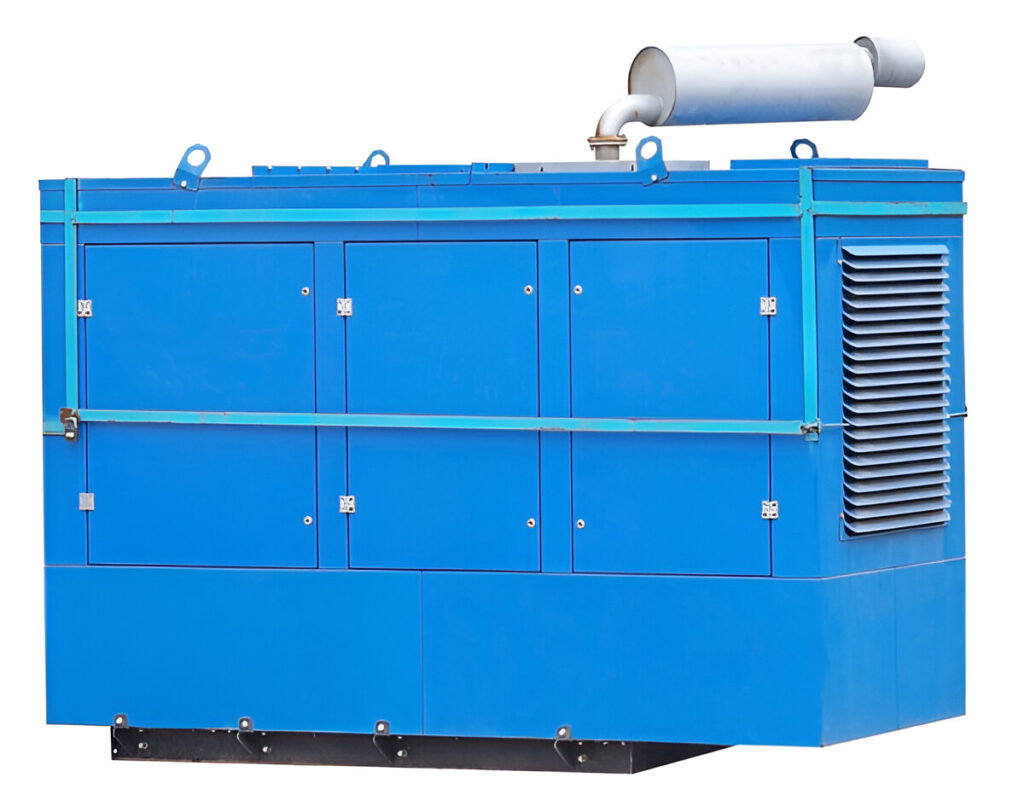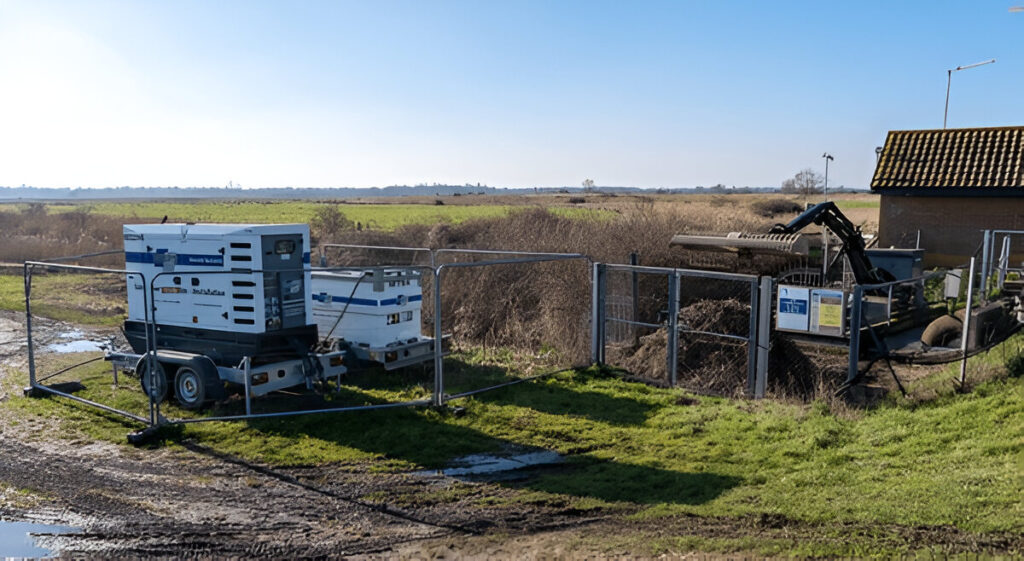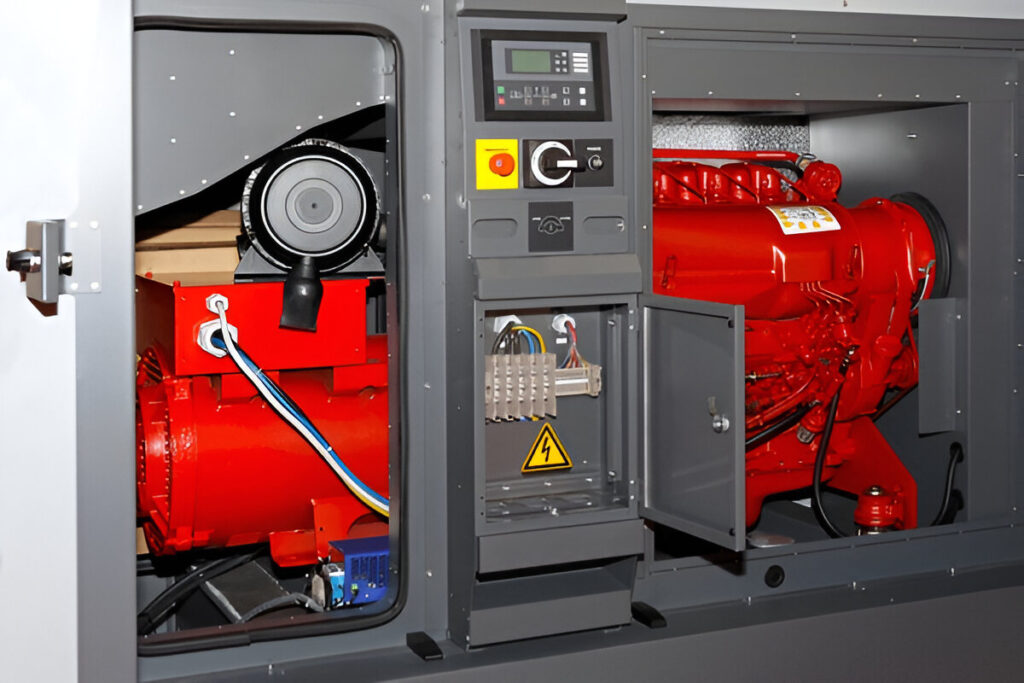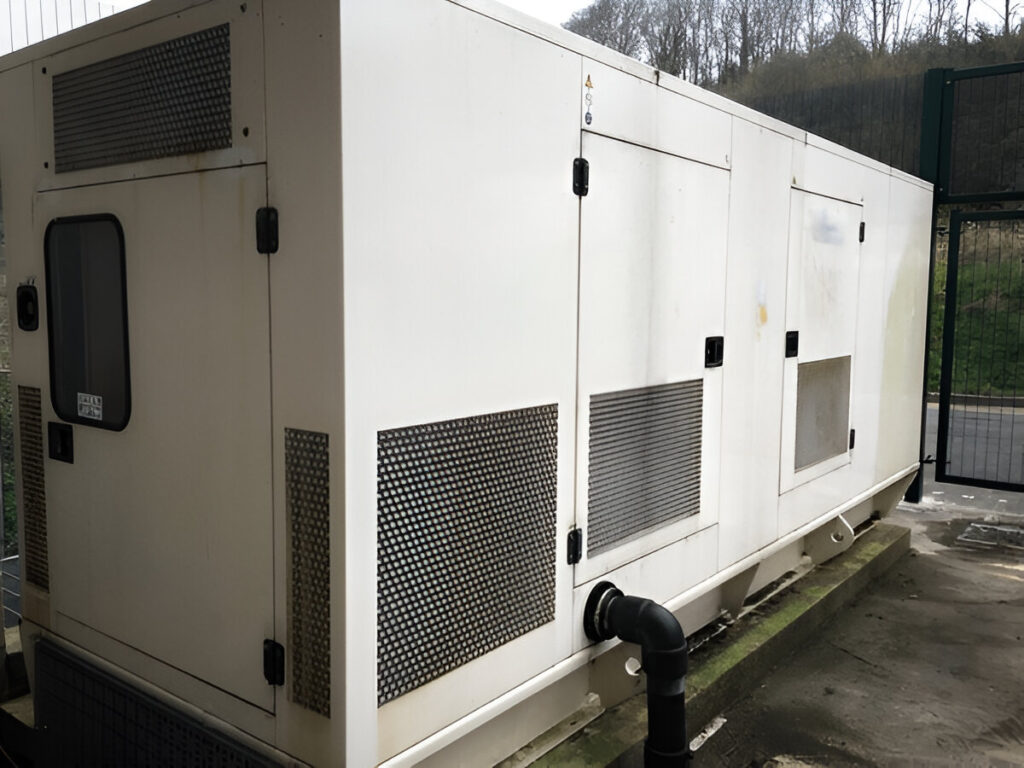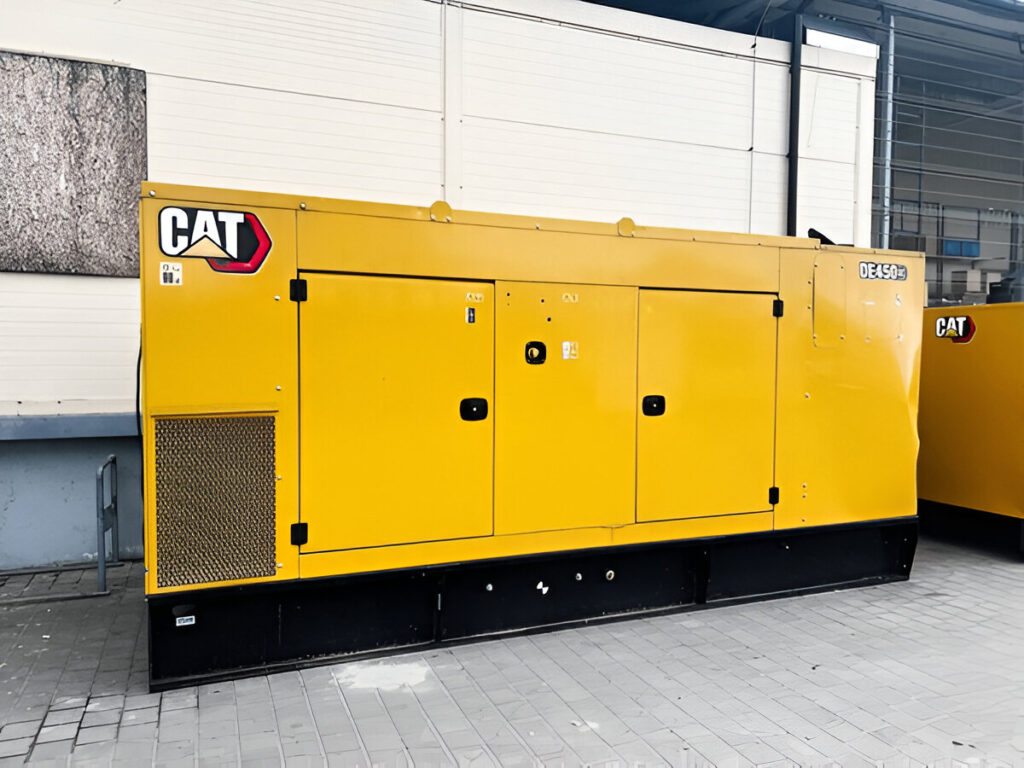Proper fuel storage is a critical component of running diesel generators safely and legally in Canada. Whether you’re using a backup generator in Canada for emergencies or a commercial diesel fueled generator for continuous operations, it’s essential to understand and comply with the relevant fuel storage regulations. Non-compliance can result in environmental damage, fines, or compromised generator performance.
Why Fuel Storage Regulations Matter
Diesel fuel, while stable and energy-dense, poses environmental and safety risks if not stored correctly. Canadian federal and provincial regulations are designed to:
- Prevent fuel leaks and spills
- Protect groundwater and soil quality
- Ensure safe generator operation
- Promote efficient fuel usage and emergency preparedness
For businesses relying on cat generators or Cummins generators in Canada, adhering to these rules is crucial for both operational and legal reasons.
Key Fuel Storage Requirements in Canada
1. Tank Standards and Certification
Fuel tanks for diesel storage must meet specifications outlined by the Canadian Standards Association (CSA) and Underwriters Laboratories of Canada (ULC). Tanks must be double-walled or equipped with spill containment systems to prevent leaks.
If you’re operating a standby generator in Canada in a remote area or industrial setting, it’s vital that your fuel tank meets these codes. Tanks must also be labeled, grounded, and maintained to avoid corrosion and static buildup.
2. Capacity Limits
Fuel storage capacity is subject to limits depending on the zoning, type of property (residential vs. commercial), and local environmental risk assessments. Large-scale fuel storage may require environmental impact studies and special permits.
3. Location and Distance Regulations
Tanks must be installed a safe distance from buildings, property lines, and water sources. In many provinces, outdoor above-ground tanks must be placed at least 1 metre away from buildings and 15 metres away from wells or open water.
4. Ventilation and Fire Safety
Fuel storage areas must be well-ventilated to prevent vapor accumulation and equipped with fire suppression systems. Operators of diesel fueled generators must also keep emergency spill kits nearby and train staff in safe fuel handling procedures.
Routine Inspections and Maintenance
Fuel tanks and associated components must be regularly inspected for leaks, rust, and wear. This is particularly important if you’re using a used generator for sale, as older systems may have legacy storage setups that no longer comply with current codes.
Additionally, diesel fuel should be rotated or treated with stabilizers to prevent microbial growth, which can clog filters and damage injectors.
Compliance for Different Diesel Generators Types
Whether you’re purchasing a generator for sale for a residential property or investing in a commercial backup generator in Canada, you must ensure your fuel storage solutions align with:
- Provincial fuel handling regulations (e.g., Ontario’s TSSA, BC’s EMA)
- Federal codes under the Canadian Environmental Protection Act (CEPA)
- NFPA 110 and CSA B139 standards for emergency and standby systems
For high-performance units like Cummins generators in Canada or cat generators, these regulations help maintain engine integrity and long-term performance.
Working with a Trusted Supplier
The easiest way to ensure your setup is compliant is to work with a knowledgeable supplier. At BC GENERATORS, we don’t just offer a wide range of diesel fueled generators and used generators for sale—we also provide guidance on installation and fuel storage best practices.
Whether you’re in the market for a generator for sale or upgrading to a standby generator in Canada, our team ensures you’re aligned with Canadian fuel storage laws from day one.
Conclusion
Navigating Canada’s fuel storage regulations for diesel generators may seem complex, but it’s an essential part of safe and responsible generator use. Proper storage protects both your equipment and the environment—while keeping you on the right side of the law.
To find the right diesel fueled generator or consult on fuel storage compliance, contact BC GENERATORS today.

